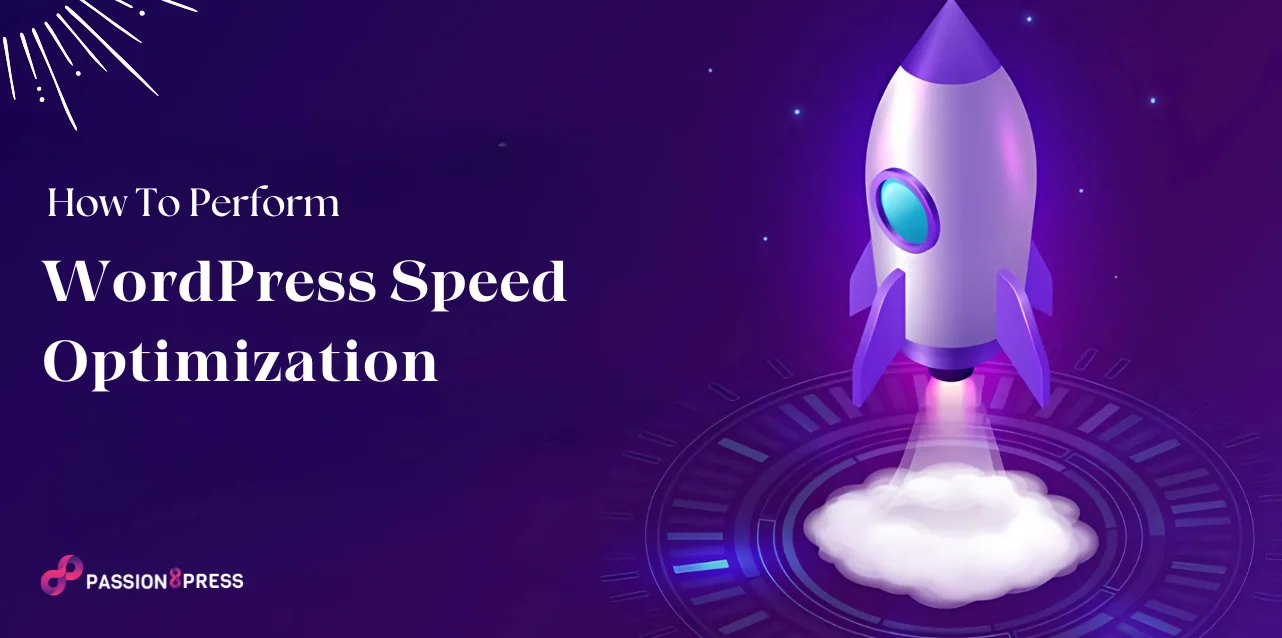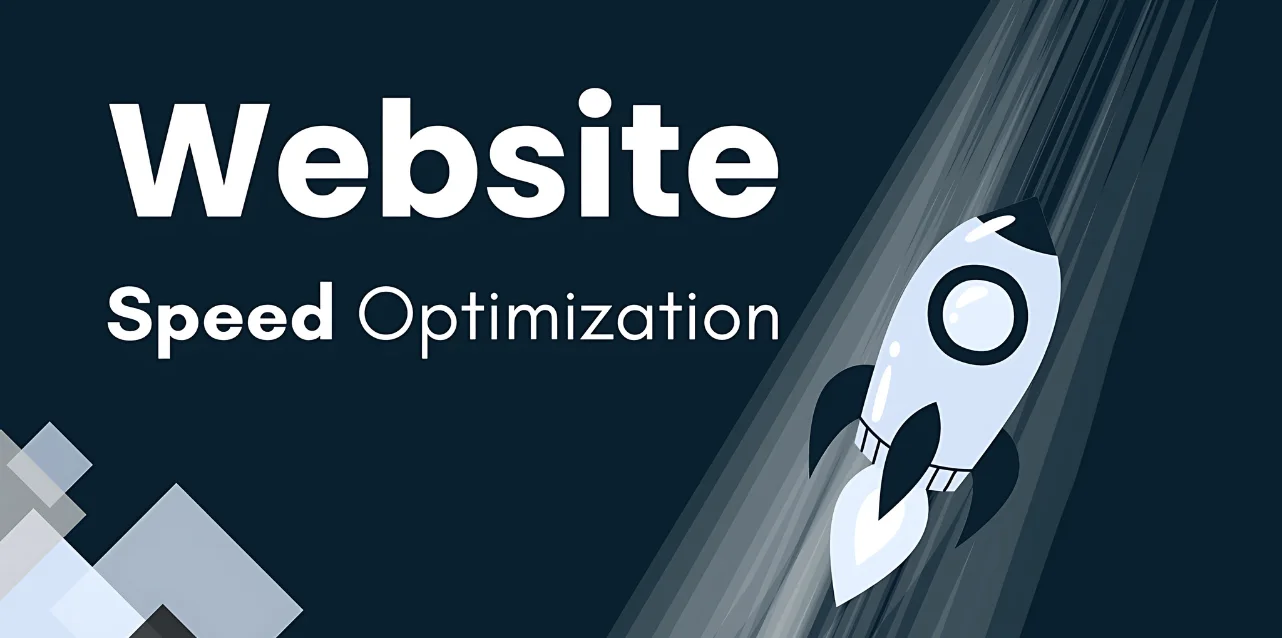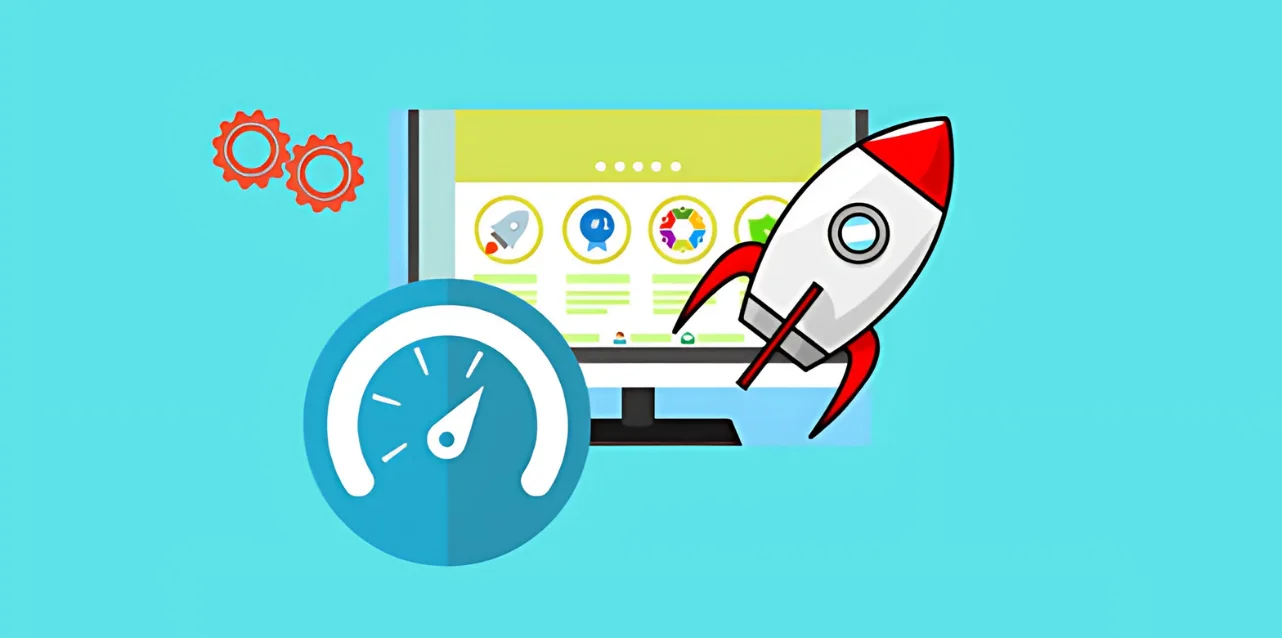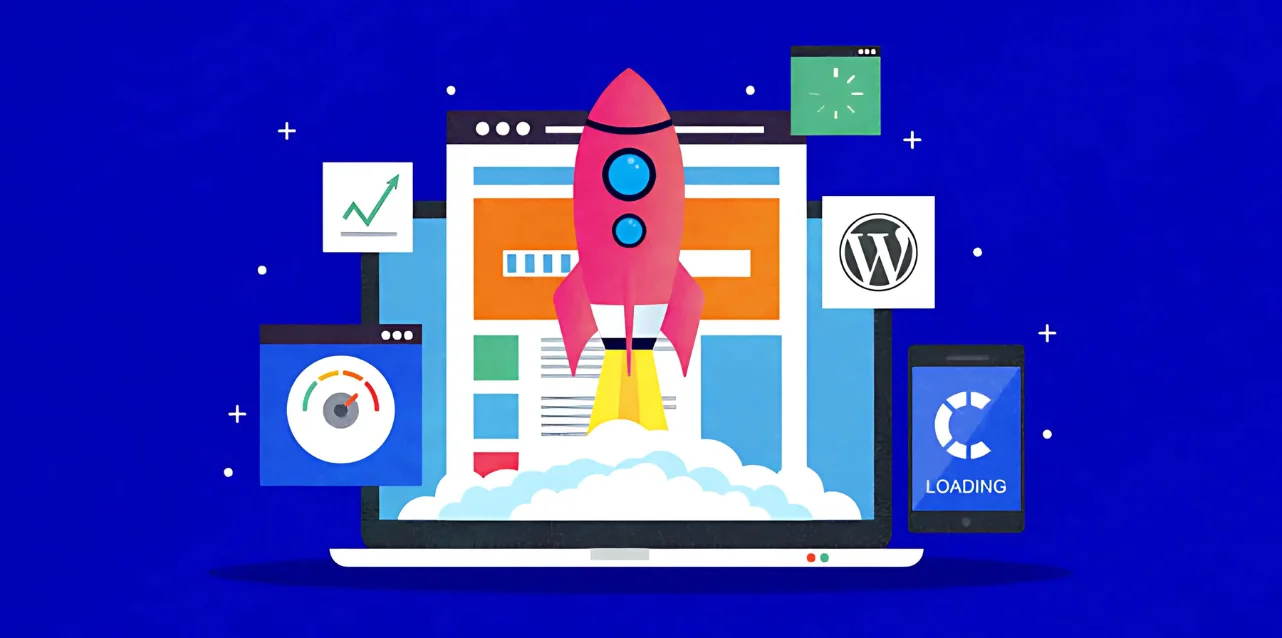Nowadays, users expect websites to load almost instantly. If your WordPress site is slow, you risk frustrating potential visitors and losing valuable traffic, which can directly impact your business. Not only do slow loading times hurt user experience, but they can also negatively affect your search engine rankings. Google takes site speed into account when ranking websites, so a slow site might not show up as high in search results.
With most users expecting a page to load in under three seconds, optimizing your site’s speed is no longer optional—it’s essential. Whether running a personal blog, an e-commerce store, or a corporate website, improving your site’s performance can help keep visitors engaged, reduce bounce rates, and boost conversions.
In this post, we’ll explore simple yet effective strategies and tools to help you speed up your WordPress site, improve user experience, and enhance your SEO.
In a hurry? Listen to the blog instead!
Why WordPress Speed Optimization Matters?
Here is why wordpress optimization is essential:
Improves Site Health
Evaluating page speed is key to understanding your WordPress site’s performance. A faster site provides a better user experience and aligns with Google’s Page Experience update.
Boosts SEO Rankings
Google considers page speed a critical ranking factor. With Core Web Vitals metrics—Largest Contentful Paint, Cumulative Layout Shift, and Interaction to Next Paint—WordPress speed optimization is vital in improving your site’s SEO.
Facilitates Better Crawling
Search engine crawlers prioritize fast-loading sites. A slow site might be deprioritized due to limited crawler resources, reducing your chances of being indexed effectively.
Enhances Conversions
Slow sites drive users away. With WordPress speed optimization, you can reduce delays and encourage users to perform desired actions, boosting conversions regardless of your business size or niche.
Reduces Bounce Rate
Fast sites keep visitors engaged. If your site is slower than your competitors, you risk losing users and wasting the effort put into design and content.
Investing and learning about WordPress site optimization tips ensures a seamless user experience, higher rankings, and better overall site performance.
What Makes A Website Slow?
A slow website can frustrate users, hurt search engine rankings, and lead to higher bounce rates. Understanding the factors contributing to slow performance is essential for effective WordPress speed optimization. Here are the most common reasons websites experience lag:
Unoptimized Images
Large, high-resolution images that haven’t been suitably compressed or resized can drastically slow page loading times. Optimizing images for the web ensures they load quickly without compromising quality.
Too Many Plugins
While plugins enhance functionality, installing too many—especially poorly coded or resource-heavy—can overload your website’s resources, slowing it down. For effective WordPress speed optimization, only use necessary, well-maintained plugins.
Outdated Plugins and Themes
Outdated plugins and themes not only pose security risks but also hinder your website’s performance. Regular updates are essential to ensure smooth compatibility with the latest WordPress version and enhance site speed.
However, if you are looking for expert WordPress development services to speed up your WordPress site and enhance its performance, Passion8Press offers comprehensive solutions. With our expertise in plugin development and theme customization, we ensure that your website runs smoothly, efficiently, and securely, providing the best possible user experience.
Inefficient Code
Poorly coded themes or customizations often result in inefficient code execution. This inefficiency uses excessive server resources, slowing down your site. Clean, well-optimized code is vital for WordPress speed optimization.
External Embedded Media
Embedding videos, images, or social media content from external sources like YouTube or Instagram can increase your page’s reliance on external servers. This dependency may cause delays if the external server is slow or unresponsive.
External Scripts and Ads
Third-party scripts, tracking codes, or advertisements add HTTP requests to your site. These requests can slow down your website if not appropriately managed or minimized.
Large Pages with Excessive Content
Pages with heavy media files, such as videos, images, and animations, take longer to load. Optimizing page content and reducing unnecessary elements is crucial for maintaining a fast site.
By addressing these factors, you can significantly improve performance through WordPress website speed optimization, leading to better user experiences and improved SEO results.
How To Optimize Your Site For Maximum Performance?
Several factors can slow down a WordPress site, but WordPress.com automatically manages many of these issues when you host with them. At WordPress.com, we handle the technical aspects of site speed, allowing you to focus on creating content. Leverage advanced tools and features to provide excellent WordPress speed optimization for all hosted sites.
Optimized Hosting Servers
WordPress hosting platforms optimize their environments to deliver a lightning-fast experience for visitors. WordPress hosting platforms particularly fine-tune their servers for WordPress. It ensures faster load times and seamless performance.
Caching Mechanisms
Caching is essential for reducing server load and speeding up the content delivery. WordPress.com includes built-in caching that serves static content efficiently. For plugin-enabled sites, users can also clear their cache for additional control. It makes WordPress speed optimization even more effective.
Optimized Themes
Unnecessary features in third-party themes often slow down sites. WordPress.com provides a selection of fast, lightweight themes. These themes are optimized for speed. They ensure users enjoy a smooth and responsive browsing experience.
Content Delivery Network (CDN)
A built-in CDN distributes your website’s data across multiple servers worldwide. It ensures users experience faster load times regardless of their location. Additionally, the CDN serves images in WebP format, which reduces image sizes by up to 34% without compromising quality. It is a key component of WordPress speed optimization, especially for media-heavy sites.
Handling High Traffic Loads
Traffic spikes can slow down or crash conventional websites, but WordPress.com includes automated burst scaling. It ensures your site remains fast and responsive, even during heavy traffic or peak usage.
By leveraging these tools and features, WordPress.com provides effortless WordPress speed optimization, helping you deliver a faster, more reliable experience to your visitors while maintaining excellent performance.
Read More
The Ultimate Guide To WordPress Optimization: Tips And Tricks
The Ultimate Mega Guide to Speeding Up WordPress
7 Best Practices For WordPress Speed Optimization
Optimizing WordPress speed improves user experience and boosts site functionality. Follow this steps and tips to optimize website and enhance performance:
1. Choose the Right Theme
Select a lightweight, performance-focused theme to speed up your site. Use tools like Query Monitor to detect slow themes and switch to optimized options.
2. Avoid Sliders in the Header
Replace sliders with static images or hero sections to reduce load times. Focus on simple, clean designs to improve speed.
3. Eliminate Bloated Plugins
Remove unused or redundant plugins to streamline your site. Test plugins with tools like GTMetrix and deactivate any that slow down performance.
4. Use External Services for Media
Host large files, like videos, on platforms such as YouTube or Vimeo for better WordPress speed optimization. Enable lazy loading for embedded media to reduce server strain and improve speed.
5. Leverage a CDN
Implement a Content Delivery Network (CDN) to deliver static files quickly across global servers. Use RocketCDN for seamless integration and faster loading times.
6. Update WordPress Regularly
Install updates for WordPress, themes, and plugins to maintain compatibility and performance.
7. Limit Post Revisions
Set a limit for post revisions to prevent database bloat. Add the necessary code to your wp-config.php file and clean up old revisions regularly.
These steps help your WordPress site run faster and deliver a better experience for visitors.
Wrapping Up
Optimizing your WordPress site for speed is essential for better user experience, higher search engine rankings, and improved overall performance. Implementing WordPress speed optimization practices can make a big difference.
However, if you’re looking for expert help, Passion8Press can assist with custom plugin development, theme customization, and improving your website’s speed. You can also hire WordPress developers from them to make your site faster and more efficient.
A faster website doesn’t just perform better—it also helps your business grow. Take the next step today!












